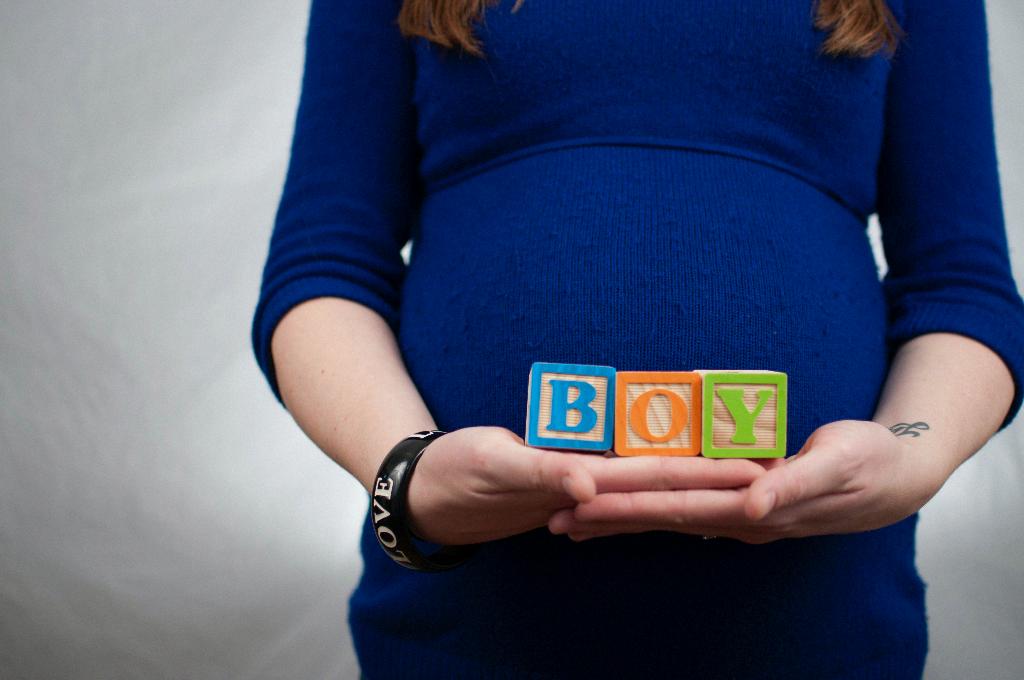When it comes to pregnancy, fluid intake plays a crucial role in the health and well-being of both the mother and the baby. In some cases, IV fluids may be necessary to maintain hydration levels or address specific medical conditions. However, not all IV fluids are safe during pregnancy, and it is essential to understand which options are suitable for expectant mothers.
Benefits of IV Fluids in Pregnancy
IV fluids can provide a quick and effective way to deliver essential nutrients, electrolytes, and medication directly into the bloodstream. This method ensures rapid absorption and can be particularly beneficial for pregnant women experiencing severe dehydration, nausea, vomiting, or other medical complications.
Safe IV Fluid Options
One of the safest IV fluid options during pregnancy is saline solution. Saline is a mixture of sterile water and sodium chloride, which closely mimics the body’s natural fluids. It is well-tolerated by most individuals and poses minimal risk to both the mother and the developing fetus.
Risks of Certain IV Fluids
While saline solution is generally considered safe, other IV fluids containing medications or additives may carry potential risks during pregnancy. Some substances in certain IV fluids could cross the placenta and affect the baby’s development, leading to complications.
Consultation with Healthcare Provider
Before receiving any IV fluids during pregnancy, it is crucial for expectant mothers to consult with their healthcare provider. A medical professional can assess the individual’s specific needs, medical history, and existing conditions to determine the most appropriate and safe IV fluid option.
Monitoring and Evaluation
Throughout the administration of IV fluids, healthcare providers should carefully monitor the mother and baby’s well-being. Regular evaluations and assessments can help ensure that the treatment remains effective and does not pose any unforeseen risks.
Alternatives to IV Fluids
In some cases, alternative methods of hydration and treatment may be considered instead of IV fluids. Oral rehydration solutions, dietary adjustments, and lifestyle changes could help address mild dehydration or related symptoms without the need for intravenous intervention.
Individualized Care
Every pregnancy is unique, and the decision to use IV fluids should be personalized to the mother’s specific circumstances. Factors such as gestational age, overall health, and the presence of any underlying conditions should be taken into account when determining the most suitable treatment approach.
Potential Complications to Watch For
Although IV fluids can be beneficial, it is essential to be aware of potential complications that may arise. Allergic reactions, fluid overload, electrolyte imbalances, or vein irritation are some of the risks associated with IV therapy that should be closely monitored.
Communication with Healthcare Team
Open communication with the healthcare team is vital during pregnancy, especially when it comes to decisions regarding medical interventions like IV fluids. Patients should feel empowered to ask questions, express any concerns, and actively participate in their care plan.
Conclusion: Prioritizing Safety and Well-being
Overall, the safety of IV fluids during pregnancy hinges on informed decision-making, close monitoring, and individualized care. By working closely with healthcare providers and being proactive in managing hydration and medical needs, expectant mothers can navigate this aspect of pregnancy with confidence and peace of mind.

